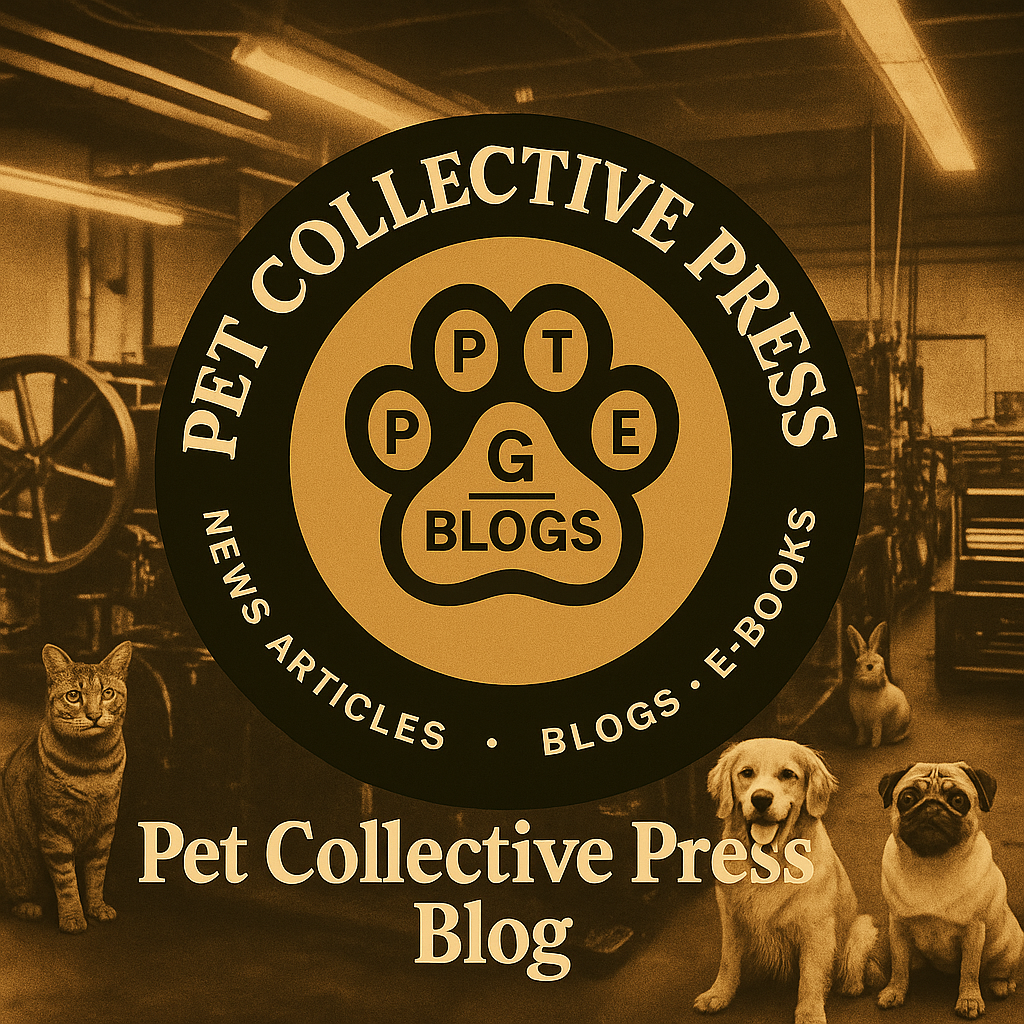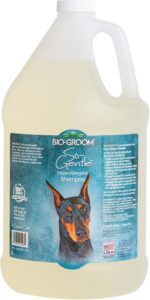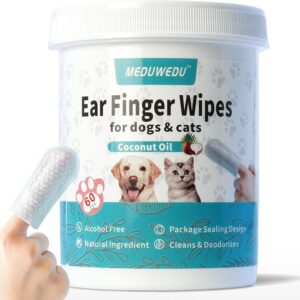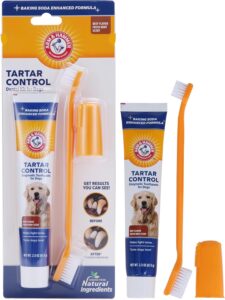
Guinea pigs, also known as cavies, are popular small pets known for their gentle disposition and unique vocalizations. As herbivores, their dietary needs are specific and must be carefully managed to ensure their health and wellbeing. A balanced diet is crucial, as it directly impacts their growth, immune system, and longevity. This comprehensive guide will delve into the essential components of a guinea pig’s diet, providing you with the knowledge to ensure your pet thrives.
The Importance of a Balanced Diet
A well-balanced diet is vital for preventing common health issues in guinea pigs, such as obesity, dental problems, and nutritional deficiencies. Their digestive systems are specially adapted to process fibrous plant materials, making hay, fresh vegetables, and specialized pellets the cornerstones of their diet. Additionally, guinea pigs cannot synthesize Vitamin C, necessitating an external dietary source to prevent scurvy and other related health problems.
Core Components of a Guinea Pig Diet
Hay: The Foundation
Hay should constitute the bulk of a guinea pig’s diet, providing essential fiber that aids in digestion and keeps their continuously growing teeth in check. Timothy hay is the most recommended type, but other varieties like orchard grass or meadow hay can also be introduced for variety. Ensure that hay is fresh, free from mold, and available at all times.
Fresh Vegetables: Essential Vitamins and Minerals
Vegetables are crucial for providing the vitamins and minerals that hay alone cannot supply. Daily servings of fresh veggies should include leafy greens such as romaine lettuce, kale, and cilantro. Root vegetables and fruits, rich in sugar, should be given sparingly as treats. Introduce new vegetables gradually to prevent digestive upset and monitor your pet’s reaction.
Pellets: Supplemental Nutrition
High-quality guinea pig pellets are formulated to complement their diet, offering a concentrated source of nutrients like Vitamin C. Choose pellets made specifically for guinea pigs, avoiding those with added seeds, nuts, or dried fruits, which can contribute to obesity. A typical serving is about 1/8 cup per day, depending on the guinea pig’s size and activity level.
Essential Nutrients for Guinea Pigs
Vitamin C: A Critical Component
Unlike most animals, guinea pigs cannot produce their own Vitamin C, making it a critical dietary requirement. A deficiency can lead to scurvy, characterized by weakness, joint pain, and bleeding gums. Ensure a daily intake of Vitamin C through fresh vegetables like bell peppers and broccoli, or consider a Vitamin C supplement if necessary.
Calcium and Phosphorus: Balancing Act
These minerals are vital for bone health, but an imbalance can lead to urinary stones. Aim for a diet with a proper calcium to phosphorus ratio, typically 1.5:1. Avoid feeding excessive amounts of calcium-rich foods like alfalfa hay or spinach to adult guinea pigs, as their needs decrease after adolescence.
Fiber: Digestive Health
Fiber is crucial for maintaining healthy digestion and preventing gastrointestinal stasis, a potentially life-threatening condition. Hay should be the primary fiber source, with fresh vegetables providing additional fiber. Ensure your guinea pig has constant access to hay to support their digestive system.
Foods to Avoid
Certain foods can be harmful or potentially lethal to guinea pigs. Avoid feeding:
– Iceberg lettuce: Low in nutrients and can cause diarrhea.
– Potatoes and potato leaves: Contain toxic compounds.
– Rhubarb: Toxic to guinea pigs.
– Chocolate, caffeine, and alcohol: All are toxic and should never be given.
– Dairy products: Guinea pigs are lactose intolerant.
Hydration: Ensuring Adequate Water Intake
Fresh, clean water should always be available to your guinea pig. Use a water bottle with a sipper tube to prevent contamination and change the water daily. Monitor their water intake, as a decrease could indicate illness.
Feeding Tips and Guidelines
– **Consistency is Key:** Maintain a consistent feeding schedule to help your guinea pig feel secure and reduce stress.
– **Monitor Weight:** Regularly weigh your guinea pig to catch any sudden weight changes, which could indicate health problems.
– **Observe Eating Habits:** Changes in eating habits, such as refusing food, can signal illness and should prompt a veterinary visit.
– **Gradual Changes:** Introduce new foods slowly to prevent digestive upset and allow your guinea pig to adjust.
Special Considerations for Young and Pregnant Guinea Pigs
Young guinea pigs and pregnant females have higher nutritional needs, particularly regarding calcium and protein. Alfalfa hay, which is richer in these nutrients, can be offered in moderation alongside their regular diet.
Conclusion: Prioritizing Your Guinea Pig’s Health
Providing a balanced and nutritious diet is one of the most important aspects of guinea pig care. By understanding their dietary needs and offering a variety of healthy foods, you can ensure your pet leads a long, happy, and healthy life. Regular veterinary check-ups and attentive care will further contribute to their wellbeing, allowing you to enjoy many years with your furry friend.
Frequently Asked Questions
How often should I feed my guinea pig?
Guinea pigs should have constant access to hay and fresh water. Vegetables can be offered once or twice a day, while pellets should be given based on the manufacturer’s recommendation, usually around 1/8 cup daily.
Can guinea pigs eat fruit?
Yes, but in moderation. Fruits are high in sugar and should be given as occasional treats. Suitable options include apples (without seeds), strawberries, and blueberries.
How can I tell if my guinea pig is getting enough Vitamin C?
A varied diet rich in Vitamin C-containing vegetables is usually sufficient. However, you can also use supplements if you’re concerned. Signs of deficiency include lethargy, swollen joints, and a rough coat.
What should I do if my guinea pig stops eating?
Loss of appetite can be a sign of illness. If your guinea pig stops eating, consult a veterinarian immediately to determine the cause and appropriate treatment.
By following these guidelines and remaining attentive to your guinea pig’s needs, you’ll help ensure they have a diet that supports their health and happiness. A well-fed guinea pig is not only healthier but also more active and engaging, making your relationship with your pet even more rewarding.
#ChatGPT assisted in the creation of this article.








